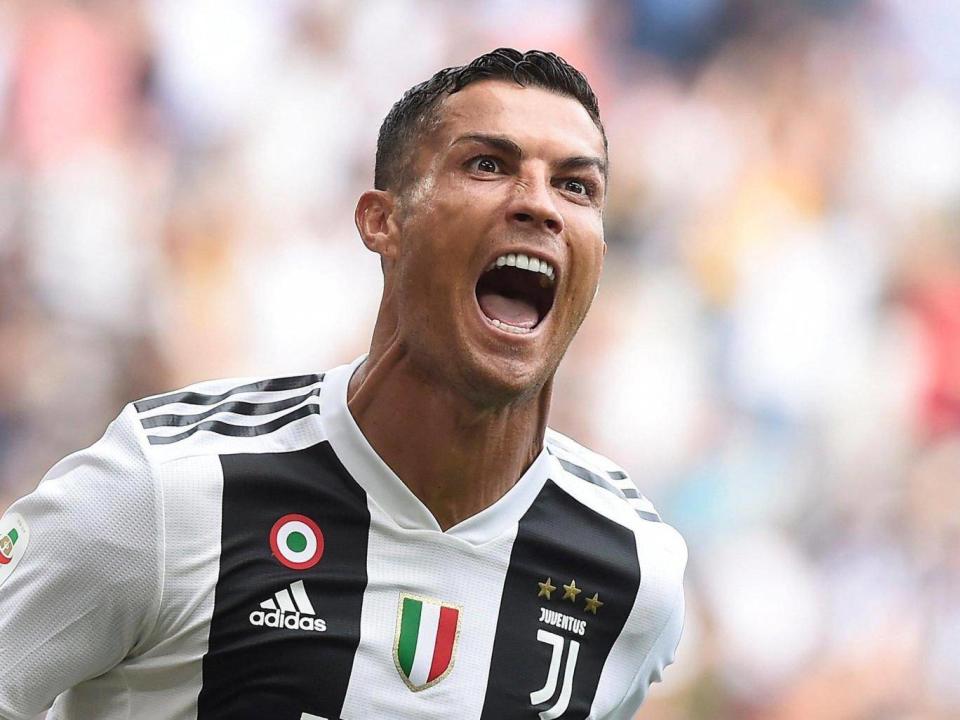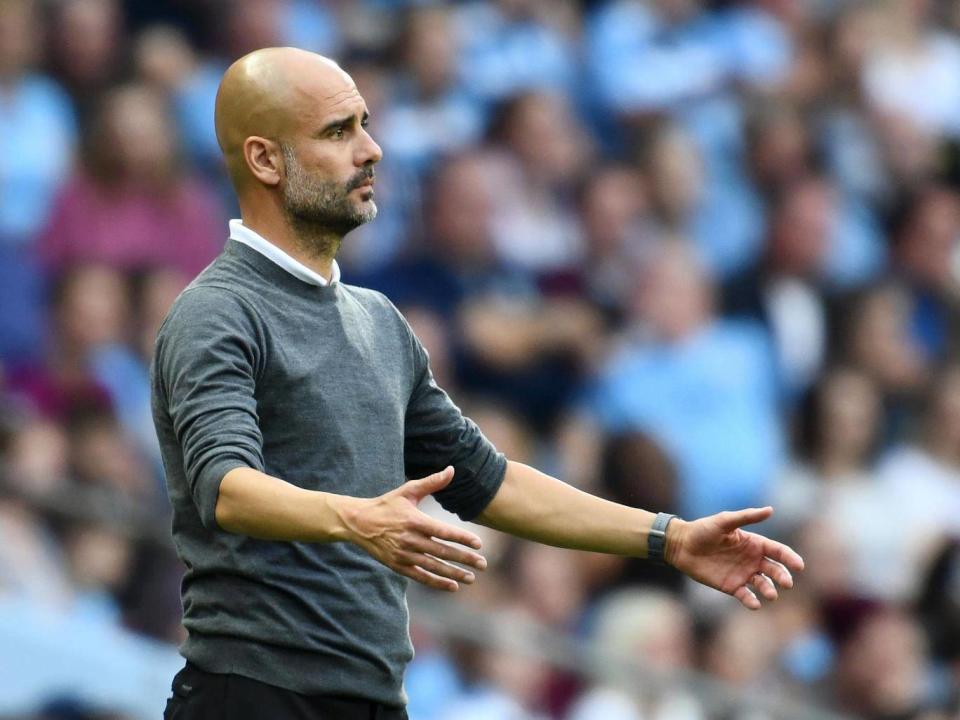The Champions League is back - and lively group stage will set the scene for the biggest storylines of the season
If the inescapable feeling on the eve of a new Champions League campaign is that the group stage is all just glorified pre-season until the competition proper starts in March, and that this isn't really the ‘eve’ of anything, there is one element that could indicate an awful lot about how things will end in Madrid in June.
It naturally revolves around the dominant storyline going into this campaign, as well as the last half-decade’s dominant club and most domineering figure - not to mention the prestigious event’s greatest pretenders.
The four Champions Leagues won by Real Madrid and Cristiano Ronaldo over that spell were partly a consequence of the Portuguese star’s record-breaking 105 competition goals in nine years at the Bernabeu, with a majority of 55 coming in the group stage.
For all that some might have made of light of how most of the heavy lifting in that haul came in four-goal rallies against teams like Malmo, that is a mistake, because such displays were really just an extension of his excessive general scoring. They showed how he and Madrid so often rose to the rarefied air of a Champions League, and it’s not like he didn’t show up for the big games.
The 2017 final stands as his legacy performance in the competition, and is all the more relevant to this season. Ronaldo scored the two game-changing goals that defeated Juventus 4-1, and this chastening experience was doubtless one more major reason why the Italian champions made the leap to sign him, to try and make the final leap as a team.
But that is also why these slow first-round games might mean more than usual, especially in light of Ronaldo’s relatively slow first games for Juventus.
If the Portuguese doesn’t fire on this stage as he used to, it might well show why Madrid made the decision to get rid, or that the winning of this competition is a lot more complicated than just superimposing its ultimate superstar and winner onto your system.
A reunion with old club Manchester United in the group stage’s glamour fixtures does admittedly further complicate things, in what is this season’s toughest group, as Juventus and everyone else seek to change the same old story.

Because, if Madrid don’t fire at this stage as they once did, it might well show what a mistake they made in selling a star like Ronaldo without a successor. Can you really replace the effect of 40 goals a season that readily? It might show how those goals lifted an incomplete team in the Champions League, to take advantage of the inherent inconsistencies of a knock-out competition; how they immediately solved so many problems.
There is already much debate over whether the quality of this Madrid side has actually matched their historic legacy; whether they are as sensational as four Champions League wins in five years would argue. That is the second-most impressive run in the European Cup’s entire history after the same club’s five in a row from 1955-60, but the fact they were accompanied by only a solitary domestic title argues against that.
What seemed to drive them through the Champions League was this power, this irrepressible certainty about the competition, that Ronaldo personified and took to a peak.
Whether they have that same power as they seek four in a row - and five in six - is another huge question, another element that has altered the landscape this season. We might finally see a change to the champions.
Lionel Messi is one figure said to have been newly energised, because he knows that he and Barcelona have greatly underachieved in the competition of late, especially since they have so often proven themselves by far the best side in their country by winning the Spanish league so often. A highly motivated Messi is a very dangerous prospect.
Proving they are also the best in Europe by successfully navigating a high-quality high-stakes knock-out, however, is another matter.
This is one thing Manchester City will empathise with, even if they have been so impressive that the feeling is now that they have actually risen that status; that they had already surpassed Madrid and Barcelona last season. They increasingly feel this is their time.

Pep Guardiola must first prove one of his sides do not fall victim to the same flaw that has finished his European campaigns for four of the last five seasons: a susceptibility to sudden collapses after getting caught once. It happened with Bayern Munich against Real Madrid and Barcelona, and then Manchester City with Monaco and Liverpool.
Solving this is now “an obsession” for Guardiola, according to one senior figure at the Etihad very close to the Catalan. It has consumed much of his summer planning, and so many of his thoughts since that painful elimination. He wants to get this right, and would see winning a league and Champions League with City as his greatest achievement.
The great issue with the group stage – a slightly awkward group for City notwithstanding – is that he is going to have to wait months to find out whether or not he has discovered a solution.
This is why - as atmospheric as an opening match like Liverpool and Paris Saint-Germain will be, or as arresting as a fixture like Barcelona-Tottenham Hotspur will be - these opening-round nights just don’t feel as rarefied or as riveting as the electric knockout stages. There just isn’t the same sense of tension, or danger.
This is another consequence of the growth of super clubs that has seen single sides enjoy a monopoly in three of the major leagues, and it has made this stage feel like a different competition.
How can you really compare the relative predictability of the groups with the genuinely jaw-dropping primetime drama the knockout stages have offered over the last two seasons?
This season’s draw does offer some intrigue, and at least some threat of one or two big clubs going out - especially the groups of United, Liverpool and Tottenham.
But it still mostly feels like mere prologue to the main storylines of the season: whether PSG can make a leap with Juventus; whether Liverpool can live up to last season and so much expectation; whether Jose Mourinho will continue to suffer problems; whether Atletico Madrid can finally banish so many ghosts from this competition and rise to the level of the real top clubs; whether any other outsider can match what Diego Simeone’s team or Monaco have done, and upset the established order.
There is then the colour of a club like Red Star Belgrade’s return to the competition, for the first time since it actually became the Champions League.
Except, this doesn’t quite feel like the Champions League yet. It's just the pieces being put in place, for the main event to come.
